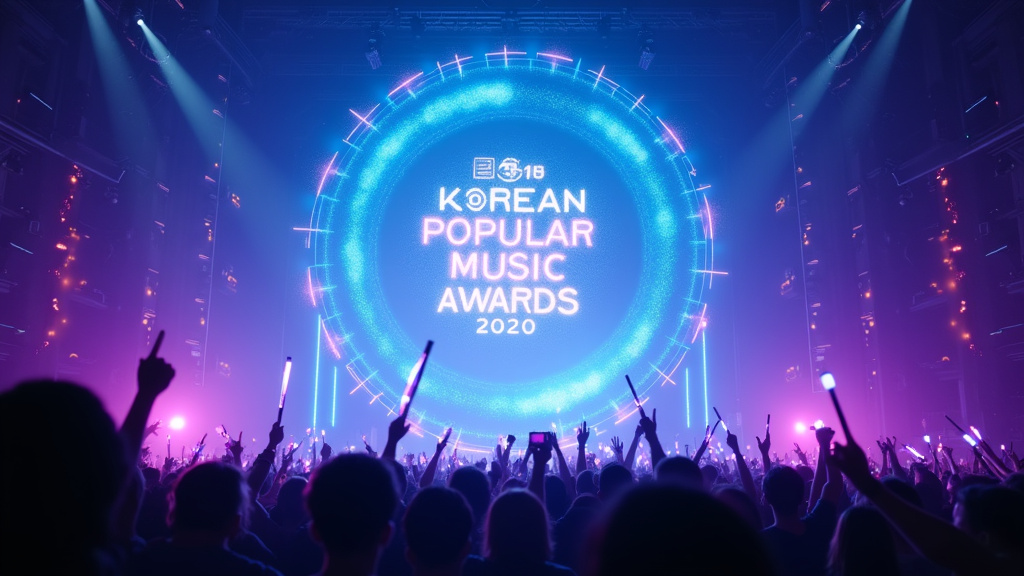Artists Sound Alarm on Streaming Pay Amid Regulator Scrutiny
A powerful coalition of musicians, the Global Artists Rights Alliance (GARA), today released a landmark report sharply critical of the economic model underpinning major music streaming platforms. The comprehensive document arrives at a crucial juncture, coinciding with ongoing regulatory investigations, including a significant probe by the EU Commission into the practices of industry giant StreamGlobal. GARA’s report, titled “Streaming Economics: A Crisis for Creators,” presents a stark analysis, asserting that the current distribution of revenue from streaming services leaves artists with an unacceptably small share of the total earnings.
“Streaming Economics: A Crisis for Creators” Detailed
The core finding of GARA’s report paints a concerning picture for the individuals whose creative output fuels the streaming economy. It meticulously details the journey of revenue generated by billions of streams, revealing that artists receive less than 15% of the total revenue collected by major music streaming platforms. The report explains that this low figure is a direct consequence of the opaque and layered distribution system, where significant percentages are deducted by intermediaries before funds ever reach the recording artist.
According to the report’s findings, a substantial majority of streaming revenue is first claimed by labels, distributors, and in some cases, publishers, who often have contractual agreements that prioritize their own cuts and recoupment before any funds are allocated to the artist royalty pool. The report argues that this structure, inherited partly from legacy physical media distribution models but amplified in the digital age, is fundamentally inequitable and unsustainable for the majority of artists in the streaming era. It highlights specific examples of how the waterfall payout system disproportionately benefits rights holders at the top of the chain, leaving creators at the bottom with meager per-stream payments that make earning a living wage exceptionally difficult.
GARA: A United Front for Creators
The Global Artists Rights Alliance (GARA) stands as the driving force behind this significant report. The alliance represents a diverse and influential group of musicians, encompassing over 5,000 artists worldwide. Its membership spans genres and career stages, united by a shared concern for fair compensation and transparency in the digital music landscape. The report notes that GARA’s ranks include globally recognized names, such as the acclaimed artist ‘Nova Bloom’ and the popular group ‘The Sonic Collective’, lending significant weight and visibility to the alliance’s advocacy efforts. GARA’s stated mission is to champion the rights and economic well-being of recording artists in the face of evolving technology and industry practices, positioning itself as a key voice for creators in discussions about the future of music.
Demands for Transparency and Fairer Rates
The publication of “Streaming Economics: A Crisis for Creators” is explicitly tied to GARA’s call for concrete action from regulatory bodies and industry stakeholders alike. The alliance is not merely highlighting a problem; it is demanding structural change. GARA is calling on regulators globally, including specifically addressing the EU Commission in light of its current probe into StreamGlobal, to intervene and mandate higher artist royalty rates. They argue that voluntary agreements have failed to adequately address the systemic issues, necessitating regulatory oversight to ensure a more equitable distribution.
Beyond higher percentage points, a central demand articulated in the report is a drastic increase in transparency regarding payout structures. Artists, GARA contends, often lack clear insight into how per-stream rates are calculated, how revenue is allocated between different rights holders, and how deductions are applied. The report advocates for mandated clear, auditable, and artist-friendly reporting standards from platforms, labels, and distributors, allowing creators to fully understand and verify their earnings. This call for transparency is framed not just as a matter of fairness, but as essential for artists to manage their careers effectively and trust the ecosystem they rely upon.
Context: Regulator Scrutiny and Global Impact
The timing of GARA’s report is highly strategic, aiming to directly influence ongoing regulatory processes. The EU Commission’s probe into StreamGlobal, one of the world’s dominant streaming platforms, represents a critical opportunity for artists to voice their grievances and present evidence of market dysfunction. GARA’s decision to release the report now is clearly intended to inform and potentially shape the outcomes of such investigations, providing regulators with a detailed, artist-centric perspective on the economic realities of streaming.
Moreover, GARA is advocating for action not just in Europe, but from regulators globally. The report emphasizes that the challenges facing artists in the streaming economy are universal, crossing borders and affecting creators in every market. By addressing a major probe like the one involving StreamGlobal in the EU, GARA hopes to set a precedent and build momentum for similar regulatory reviews and mandated reforms in other jurisdictions worldwide, creating a more consistent and fair global landscape for music creators.
The Impact on the Music Ecosystem
GARA’s report argues that the current economic model, while generating significant revenue for platforms and major rights holders, poses an existential threat to the livelihoods of most recording artists. Receiving less than 15% of total streaming revenue, after multiple layers of deductions, means that many artists, even those with millions of streams, struggle to earn enough to cover their living expenses, fund future recording projects, or invest in touring and marketing. The report frames this as a crisis not just for individual creators, but for the entire music ecosystem, potentially stifling creativity, reducing artistic diversity, and making a career in music untenable for all but a fortunate few.
The Path Forward: Advocacy and Reform
“Streaming Economics: A Crisis for Creators” is more than just a diagnosis of problems; it is a blueprint for advocacy. By providing detailed analysis and specific demands, GARA aims to empower artists and pressure policymakers. The report positions itself as a crucial piece of evidence in the ongoing global debate about fair compensation in the digital age. GARA signals its intention to continue engaging with regulators, legislators, and industry figures, leveraging the report’s findings to push for the mandated reforms necessary to ensure that the streaming era, which has transformed music consumption, also provides a sustainable and equitable future for the artists who create it.





